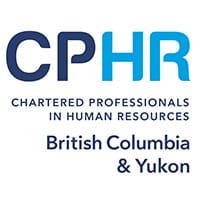First impressions are crucial in many aspects of life, and job hunting is no exception. Your resume often serves as the first point of contact with potential employers and can speak volumes before you even get the chance to meet face-to-face. While it should be a showcase of your skills and achievements, your resume might inadvertently reveal personal details that could lead to intentional or subconscious discrimination.
Resume red flags to be aware of
People want to put their best foot forward and make themselves look as appealing as possible to employers and recruiters. And while there are certain details you must or want to include, understand that the following information could be telling people more than you think:
- Name: Can suggest your ethnic background or gender
- Address: May indicate socioeconomic status or geographic preferences
- Graduation dates: Often a giveaway of your age
- Extracurricular activities: Could hint at personal interests, religious beliefs or family status
Each of these can be a potential trigger for discrimination, as they may lead employers to make assumptions about your age, gender, marital status or other personal characteristics.
It’s essential to recognize that the goal here is awareness, not paranoia. By being mindful of the above elements, you can tailor your resume to present your professional self while minimizing the risk of subconscious bias.
Fortifying your first impression
To shield yourself from potential bias when job hunting, consider taking proactive steps in crafting your resume:
- Remove graduation dates unless such information is required or particularly relevant
- Limit personal details that are not job-related
- Focus on skills and accomplishments rather than personal demographics
By emphasizing your qualifications and what you can bring to the company, you’re directing attention to what truly matters: your capability to do the job.
Protect yourself from discrimination
Remember, discrimination in the workplace is not only unethical—it’s illegal. However, it can still happen, starting from the moment you submit your application. Awareness of how discrimination can manifest allows you to safeguard your rights from the get-go.


